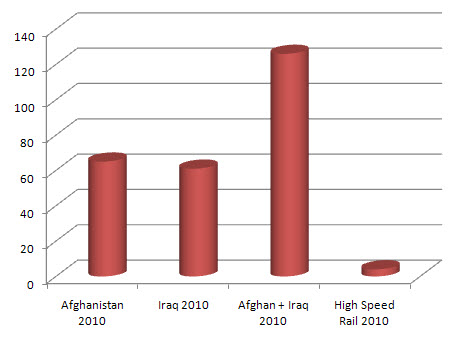What Healthcare Reform REALLY Does For Us
In an historic vote late Saturday evening, the US House passed into law the Patient Protection and Affordable Care Act on a mostly party line vote of 219-212. The Act will be made into law (the bill passed by the US Senate 60-39) upon signature by President Obama. On Tuesday, March 23, 2010, President Obama signed the bill into law in a ceremony attended by members of Congress, the US Senate, staff and an 11-year old advocate of healthcare reform who had lost his mother to cancer. There’s been a lot of confusion and misinformation spread about the bill as to what it contains and when certain aspects of the legislation go into effect. The terms of the new law were discussed in impressive clarity by Rachel Maddow and Barney Frank. See also, this article from the New York Times. As of March 23, 2010, consumers will be entitled to the following: - Tax credits go to small businesses for buying health insurance for their employees, and; - The so-called “doughnut hole” for seniors under Medicare Part D (drug) coverage is going; if you’ve reached the total for 2009, you will be immediately sent a rebate check of $250.00, and; - Pre-existing conditions will no longer be allowed for denials of health insurance coverage on new policies issued, and; - States will be required to maintain their existing Medicaid and children’s health insurance coverage based on policies currently in effect. While states can expand their programs, they are not allowed to cut back on eligibility and are not allowed to put in place any paperwork requirements that would make it harder for people to sign up for coverage, and; Freestanding birth centers” are now eligible for Medicaid payments, and; - Another provision that appears to take effect right away is an expansion of Medicare to cover certain victims of “environmental health hazards,” which was aimed specifically at the town of Libby, Mont. - A requirement that the secretary of health and human services establish criteria “for determining whether health insurance issuers and employment-based health plans have discouraged an individual from remaining enrolled in prior coverage based on that individual’s health status.” On April 23, 2010, - The secretary of health and human services must post on the Internet “a list of the authorities provided to the secretary under this act.” In June, 2010, - High Risk Insurance pools open to cover those with any pre-existing conditions (June 1, 2010),; and - The Secretary of HHS must “develop a standardized format to be used for the presentation of information relating to coverage” — so that consumers have a more understandable way of comparing health benefits — like medical, surgical, hospital and prescription drug coverage — offered by private insurers (June 23, 2010). On September 23, 2010, - Children may not be excluded from any coverage because of pre-existing conditions, and; - Insurers will not be allowed to deny coverage because you get sick (so called “rescissions”), and; - No more lifetime limits on coverage or benefits allowed, and; - Children are covered under your policy, if you want, until age 26. [more . . . ]

